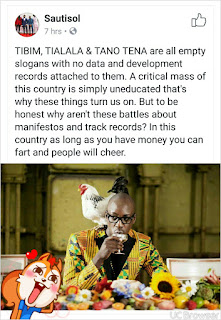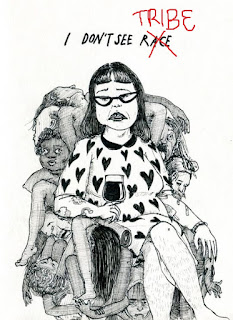NEW YORK TIMES DECRIES CENSORSHIP

Image Credit: Jim Chuchu Nairobi, Kenya In what can only be termed as the worst attack on the media since the Charlie Hebdo shooting, New York Times were asked to account for their actions. Furore erupted online after the New York Times published graphic photos of dead Kenyans immediately after the Riverside terrorist attack happened in Nairobi, Kenya, while the rescue operations were still ongoing and families of victims hadn't yet been notified. There was an immediate call for the media house to pull down the photos and the incident sparked a discussion over the callousness with which black and brown bodies are used for the consumption of the white gaze Image Credit: Jim Chuchu The international media world came out in their defense and didn't understand where this sudden unwarranted call for accountability came from and promised to fight for the reckless media freedom that their ancestors fought for. "We can't believe that it...




